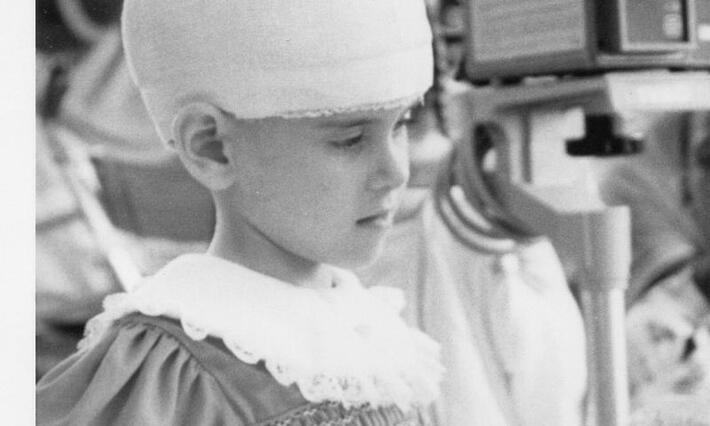Recurrent GBM Brain Tumors with Few Mutations Respond Best to Immunotherapy
Published
Written By

Sarah Avery
Director, Duke Health News Office
Related News
Durham Magazine

Duke University School of Medicine
Related News
Durham Magazine

Duke University School of Medicine
